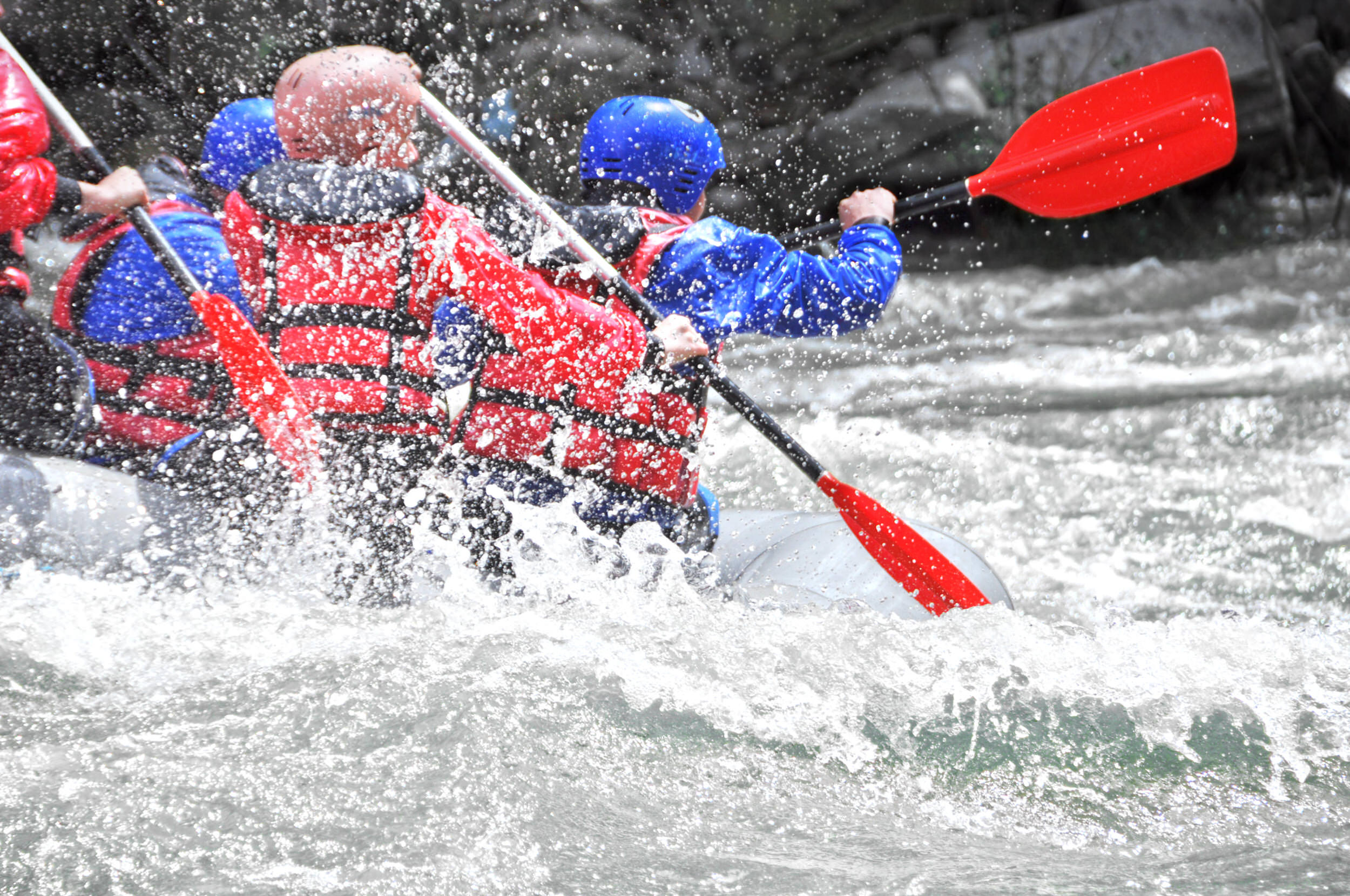Innes v. Whitewater Adventure Outfitters
On September 25, 2014, the Colorado Court of Appeals affirmed the dismissal of a wrongful death lawsuit brought by the parents of Nikki Innes against Anthony and Kathleen Keenan, the owners of Whitewater Adventure Outfitters, a longtime outfitter on the Arkansas River. The Court held that the waiver form Innes signed was fairly entered into and expressed a clear intention to waive liability. The Court also held that there was no evidence that WAO or its trainer disregarded her safety.
Innes, 22, died when her foot became entrapped while participating in WAO’s raft guide training. Innes wanted to become a rafting guide and enrolled in WAO’s guide training program. Before training started, she signed a release, waiving liability for any injuries or death that could occur. On the third day of training, Innes was practicing swimming and re-entering the raft in Class I-II rapids. She attempted to pull herself into the boat and was in halfway, but then went back into the water, and her foot became entrapped. Despite valiant efforts of WAO’s trainer and other trainees to pry her loose from the entrapment, Innes drowned.
Innes’ parents sued, claiming that WAO’s training program and its trainer were negligent. WAO filed a motion for summary judgment seeking dismissal of the lawsuit based on the waiver Innes signed. In opposing the motion, the parents claimed the release was not fairly entered into, it did not adequately explain the specific risks of the training program, and that WAO consciously disregarded Innes’ safety. WAO’s motion was granted, and the trial court dismissed the lawsuit.
In upholding the dismissal, the Colorado Court of Appeals reasoned that rafting—even in the context of training to become a guide—is a recreational and volitional activity. This release was written in very clear and simple language and was free of legal jargon. It warned Innes of the dangers of the rafting guide training program. It was fairly entered into and expressed a clear intent to absolve WAO of liability. The appellate court also ruled that there was no evidence that WAO disregarded Innes’ safety. The appellate court recognized that trainees need to practice how to get back into a raft unassisted in order to become guides. WAO’s training program was consistent with Colorado industry standards, rules and regulations. As a matter of law, the court found that there was no evidence that WAO consciously disregarded Innes’ safety and the release was upheld as valid.
WAO was represented by Hall & Evans’ attorneys Pete Middleton, Mike Jones, and Brian Molzahn.
Espinoza v. Arkansas Valley Adventures
On September 26, 2014, the U.S. District Court granted summary judgment and dismissed a wrongful death lawsuit brought by Jesus Espinoza, the son of Sue Ann Apolinar, who died on a white water rafting trip conducted by Arkansas Valley Adventures, another longtime outfitter on the Arkansas River. The Court held that the release Apolinar signed was valid and expressed a clear intention to waive liability.
Apolinar died on a guided trip offered by AVA called “24 Hours in Brown’s Canyon,” which she booked via AVA’s website. Before the rafting trip began, Apolinar signed a release. On the second day of the trip, Apolinar’s raft capsized, ejecting her from the raft. Despite AVA’s guides’ courageous rescue efforts, Apolinar was swept into a logjam and drowned.
Apolinar’s son sued, claiming that AVA was negligent and misrepresented the dangers of the trip. AVA filed a motion for summary judgment seeking dismissal of the lawsuit based on the waiver Apolinar signed. In opposing the motion, Espinoza claimed that the release was invalid because it would violate public policy as evidenced by the Colorado River Outfitter’s Act (CROA) and state regulations. AVA’s motion was granted and the U.S. District Court dismissed the lawsuit.
The Court ruled that participation in whitewater rafting is recreational, optional, and volitional. Enforcement of the release would not logically or practically have any impact on regulation under CROA. The Court also held that the release was fairly entered into, and the fact that it was offered on a “take-it-or-leave-it basis” did not render it unfair. The Court also rejected Espinoza’s claim that AVA defrauded Apolinar via its website and misrepresented the danger or classification of the rapids. The Court reasoned that nothing in the record indicated that Apolinar relied on the website in choosing to go on the trip, and regardless of what was represented on the website, the release clearly characterized all rafting activity as hazardous and involving the risk of physical injury and death. Like the release in Innes v. Whitewater Adventure Outfitters, the court found the release clear and unambiguous and valid as a matter of law.
AVA was represented by Hall & Evans’ attorneys Ryan Winter and Conor Boyle.

